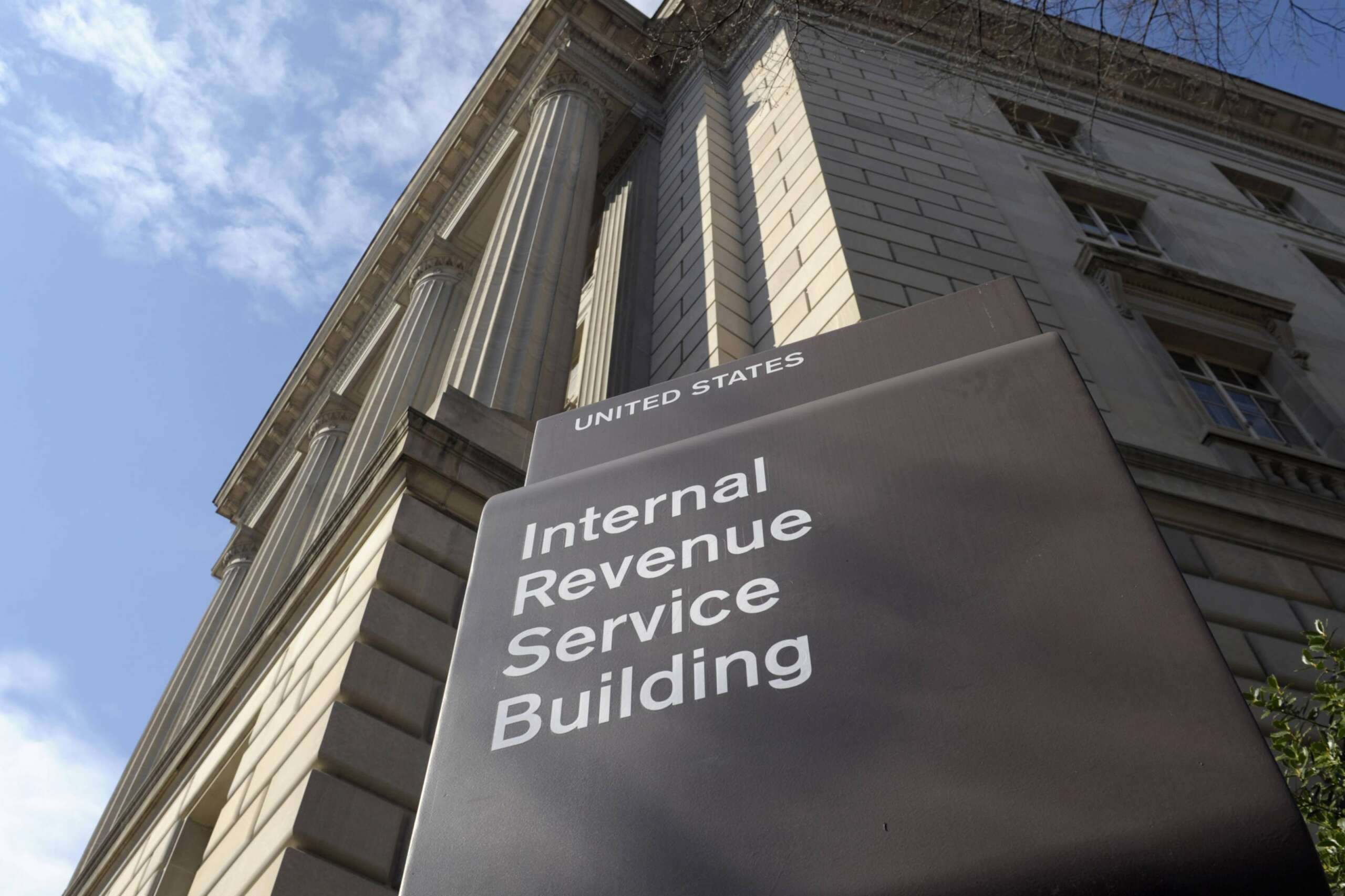
The IRS gave employees another chance to accept a “deferred resignation” offer and leave the federal workforce later this year.
But the agency is preventing many employees from accepting the offer because their work is deemed “critical” to its operations. The IRS is exempting some enforcement personnel, but these exemptions are not across the board.
“The Chief Tax Compliance Office leadership has reviewed its program areas and identified key positions critical to the delivery of the mission,” an email shared with Federal News Network states. “Upon review, your position has been deemed critical and therefore you are ineligible for the Treasury Deferred Resignation Program (TDRP) at this time.”
Thousands of IRS employees applied for the deferred resignation offer, which would allow them to go on paid administrative leave and separate from the agency by the end of the fiscal year, rather than risk layoffs.
Federal News Network first reported that the IRS is planning to cut up to 40% of its workforce. The IRS started this year with 102,000 employees but is looking to bring that down to 60,000 to 70,000 employees.
“These key positions will be re-assessed in the future and, if circumstances change to permit your participation in TDRP, we will notify you,” the email states.
According to the email, employees also have the option of rescinding their retirement notices if they filed their retirement paperwork as part of applying for the deferred resignation offer.
An IRS official told Federal News Network that the agency denied the deferred resignation applications from 1,700 employees in its Large Business and International (LB&I) division. Among those denied were probationary employees, mostly fired in mid-February.
The IRS reinstated those probationary employees a month later to comply with rulings from federal judges who determined the mass firings were done unlawfully.
The agency placed the employees on paid administrative leave rather than bringing them back to their jobs, but planned to bring them to work just before the April 15 tax filing deadline.
Those probationary employees, however, remain on paid administrative leave after the Supreme Court and a federal appeals court put those lower court rulings on hold.
“You’re fired. You’re not. Get out because you may be RIF’d. Oh wait, you’re mission critical,” an IRS official told Federal News Network, summing up the administrative limbo IRS probationary employees are experiencing.
Bloomberg Tax first reported the IRS denied deferred resignation to 2,100 employees — about 10% of the 20,000 employees who applied to take the offer.
IRS axes flexible work schedules
The IRS is also eliminating flexible work schedules for its employees starting next month.
The agency allowed some employees to go on an “alternate work schedule,” and work 10-hour days, four days a week — instead of working a more traditional eight-hour day, five days a week.
But the agency’s chief human capital officer told employees in a recent email that the IRS will no longer offer this flexible work schedule starting May 3.
Employees currently working a “4/10” schedule must come up with a new work schedule and get approval from their managers no later than April 28.
“This update will improve operational effectiveness and customer service,” the unsigned email states. “Not all work schedules are available to all IRS employees, so be sure to consult with your manager to determine which work schedules are available to you.”
Eliminating these workplace flexibilities, and requiring more IRS employees to show up to the office five days a week, gives managers and supervisors fewer options to manage overcrowding, with many offices already exceeding capacity.
Robert Lawrence, president of the National Treasury Employees Union Chapter 67 in Ogden, Utah, told Federal News Network that the IRS shrank office space in recent years as more of its employees teleworked. But the Trump administration’s return to office mandate is making it harder for some employees to find adequate workspace.
“Since we didn’t expand our space, we have all these people returning to the office with no place to sit, and it’s an absolute mess. They’re spending hours looking for an empty desk to do their work. If not, they’re sitting in hallways and chairs, doing their work on their laps,” Lawrence said.
Lawrence said the overcrowding is becoming a safety and security issue. In March, a fire alarm went off in the IRS processing center in Ogden, and it took more than 20 minutes to evacuate the building.
“This fire alarm was an actual, real alarm. The fire department showed up and everything. There wasn’t an actual fire, but it was still a legit fire alarm,” he said. “That’s not acceptable. That’s putting people in harm’s way.”
To address the overcrowding, Lawrence said some IRS employees have been allowed to telework one to three days a week. The Professional Managers Association told reporters a recent call that call center representatives have also been exempt from the return-to-office orders.
“They’ve kind of got the dumpster fire down to a slow burn. However, it’s still a dumpster fire,” Lawrence said. “People have been mandated to return to telework, but not in the numbers that they need to. The people who are taking up this space are teleworkers, and they need to go back to teleworking.”
Employees, in some cases, are still working alongside each other in conference rooms, with taxpayers’ sensitive information in full view of coworkers.
“There should be security measures taken so that there’s no unauthorized access to taxpayer information,” Lawrence said. “All this is being ignored to comply with the return-to-work mandate. It’s completely inefficient the way they’re doing it now. The work isn’t getting done like it should get done, and it’s just an absolute waste of time. The Treasury Department put the cart before the horse on this one.”
Copyright
© 2025 Federal News Network. All rights reserved. This website is not intended for users located within the European Economic Area.
